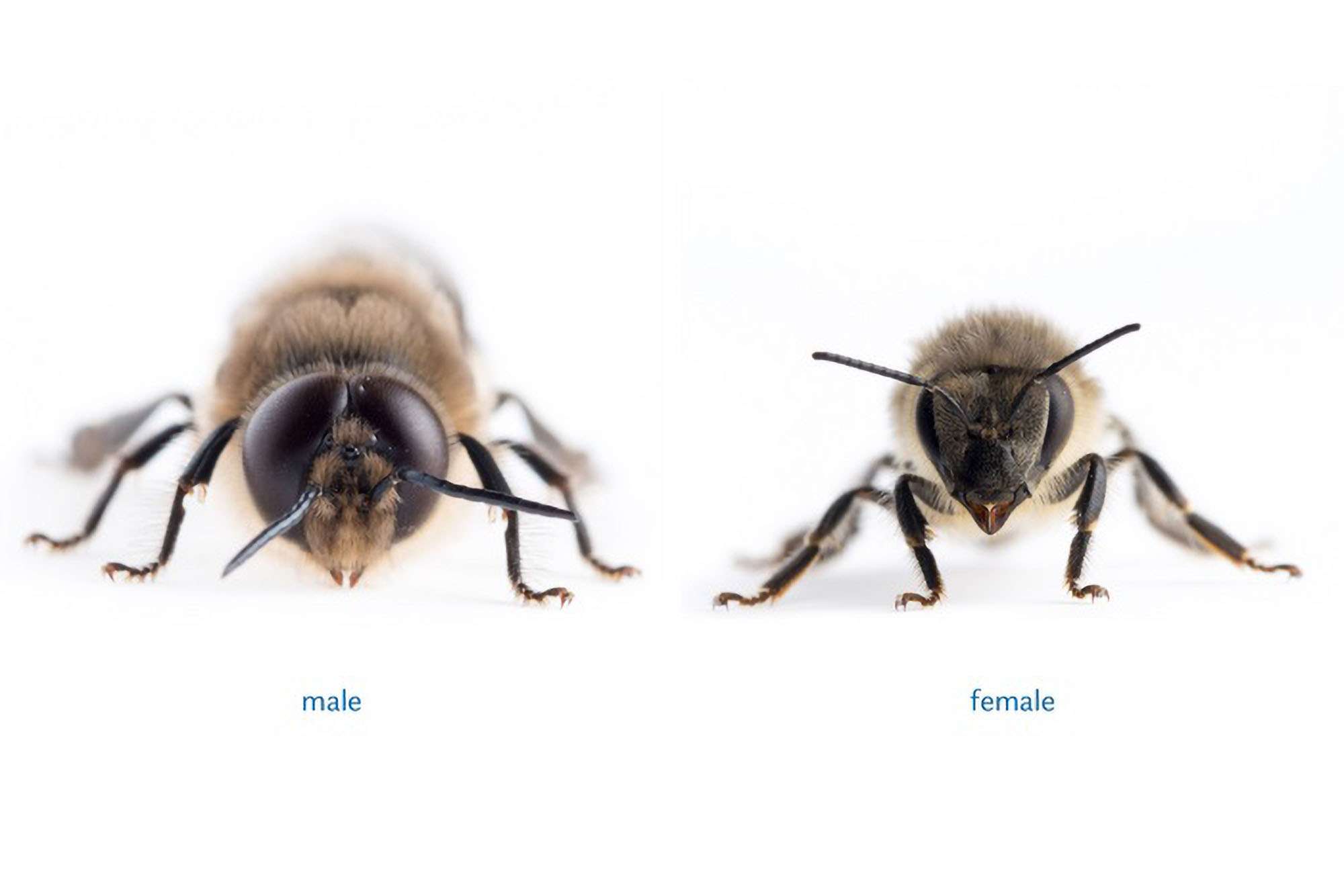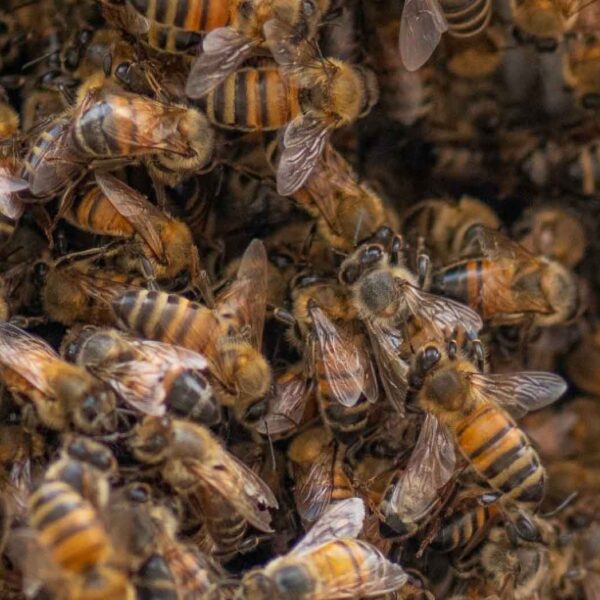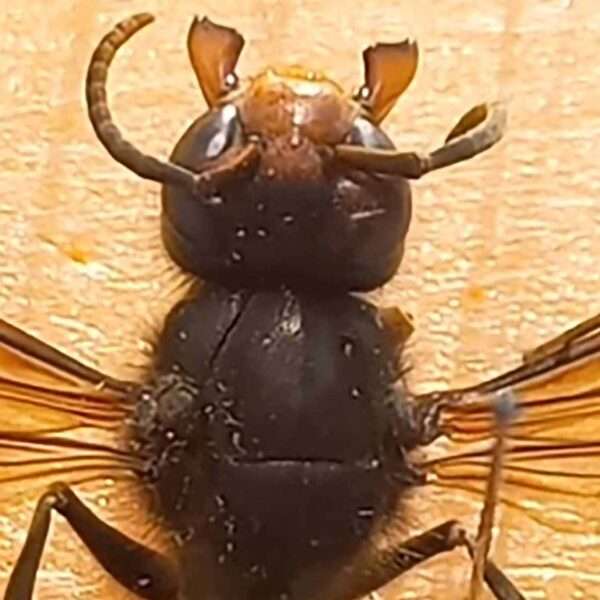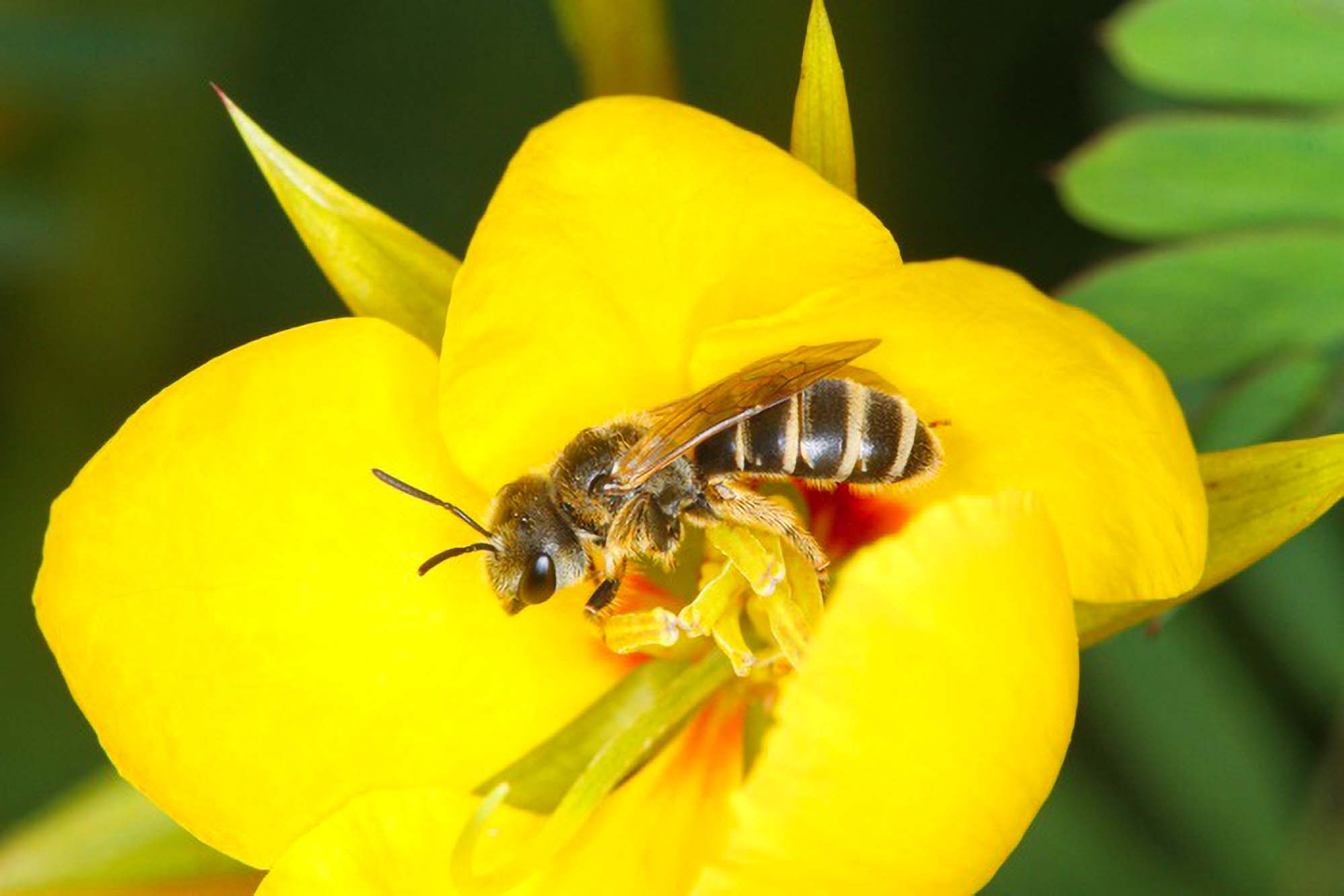Scientists in Germany have identified a gene which regulates the eye differentiation between male and female honeybees.
Sexual dimorphism contributes to the biological diversity of the organisms such as the patterns of butterflies and the colourful plumage of male peacocks. However, little is known about the evolutionary mechanisms in charge.
While male honeybees (Apis mellifera) have very large eyes, the eyes of female animals of the insect species – which is an important factor in ensuring healthy ecosystems – are comparably small.
Prof Dr Martin Beye heads the Institute of Evolutionary Genetics at Düsseldorf’s Heinrich Heine University.
Prof Beye’s team – who cooperated with colleagues from Wageningen University in the Netherlands – studied the whole genome of the species to determine potential sex-specific regulator genes.
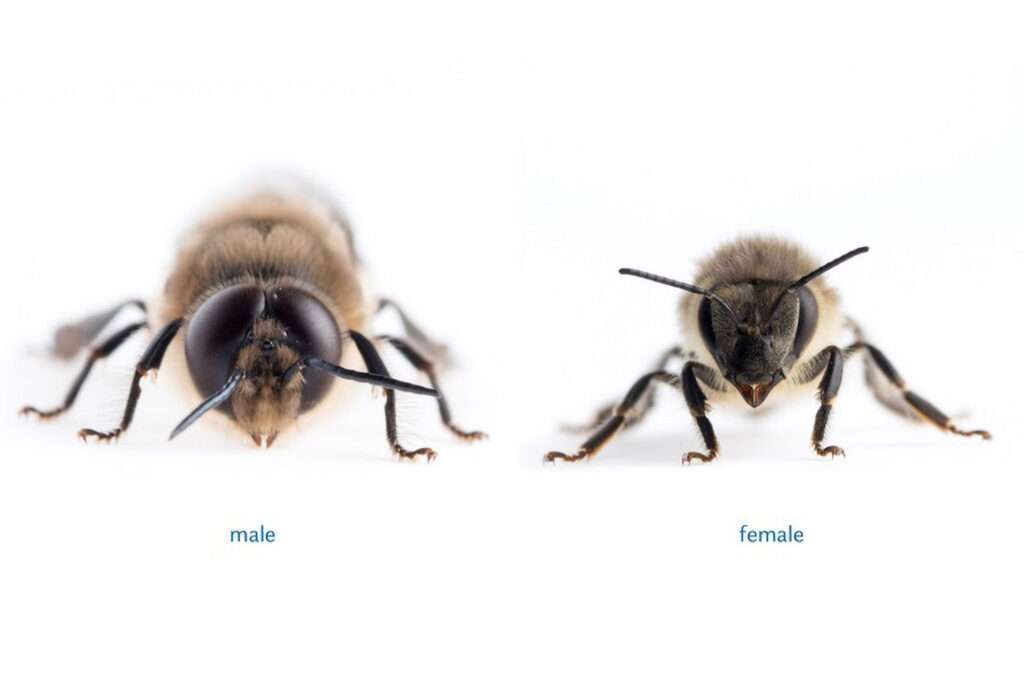
They named their discovery the ‘glubschauge’ (pop eye) gene. When the scientists switched off the gene in female bees, the insects developed the eye form of their male peers.
The researchers – which published their study in the Nature Communications journal – added the specific gene to males. This measure resulted in the pollinators developing small eyes as seen with their untreated female counterparts.
By referring to this ‘transcription factor’, Prof Beye said the findings would “indicate how the diversity of secondary sexual characteristics can be regulated during development.”
He said: “We were able to demonstrate the following principle: Use a separate genetic instruction programme for each characteristic. There is no general instruction for the organism as a whole in the bees.”
Prof Beye argued that the study would “solve a longstanding mystery in evolutionary biology.”
The expert on evolutionary biology explained: “No evidence has been found to date of instances where the positive effect in the evolution of a sexual characteristic does not lead to a disadvantage in the other sex. We are now able to show how this can work.”

